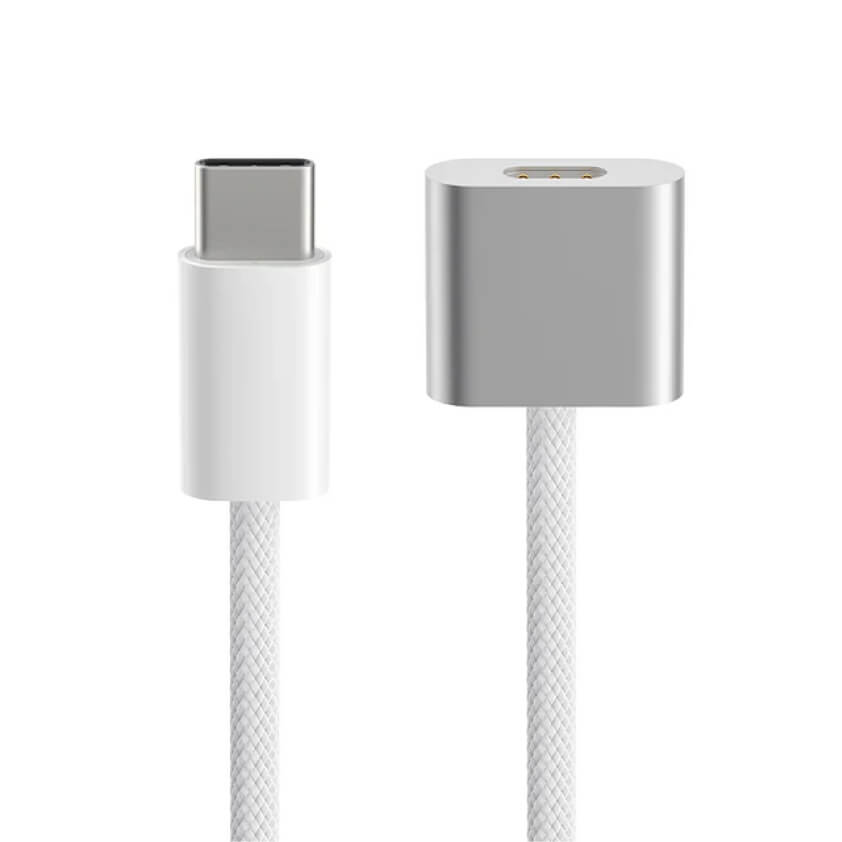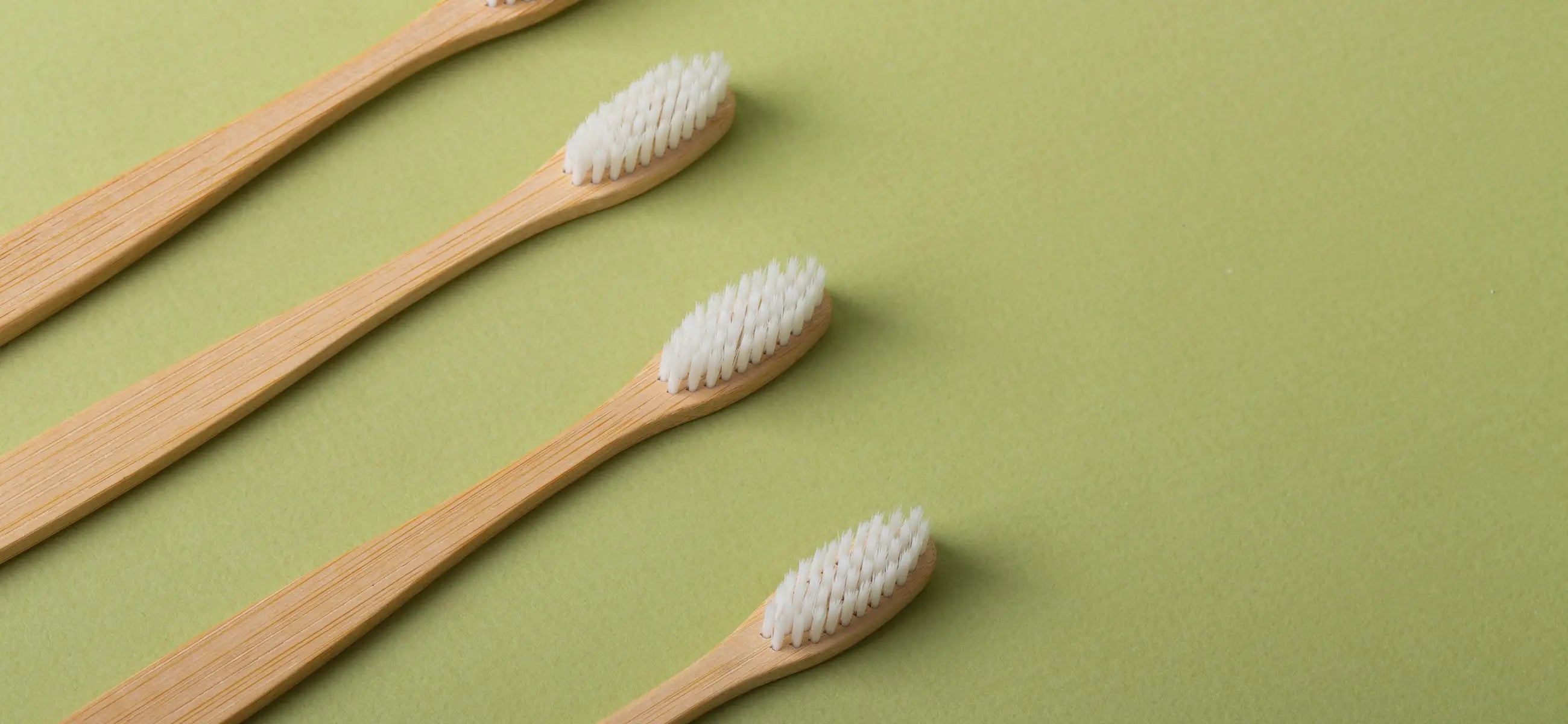
In this article
Caring for our dental health is crucial for leading a healthy and confident life. It is essential to be proactive and seek early intervention to avoid any potential setbacks. Make your oral hygiene a top priority in order to create a happier, healthier you!
Do your teeth appear thin and slightly translucent? Have you noticed your teeth are getting more and more sensitive or look slightly discolored? If you are experiencing any of these, it might be time to admit that your enamel has worn away and see a dentist! Thin teeth, or (thin enamel) are something that you can easily identify and prevent from getting worse. First, let's take a look at what causes teeth thinning, what the symptoms are, and finally, what you can do to prevent it from getting worse.
The causes of thin enamel
There are several reasons why your enamel erosion may have resulted in thin teeth. These reasons could be related to your diet, environmental factors, or even genetics! Let's explore these factors in more detail to see if any of them apply to your situation.
Dietary factors
-
Having too many soft drinks, which have lots of phosphoric and citric acids.
-
Bacteria in your mouth thrive on sugar, making acids that can eat away at enamel. It gets worse if you don’t clean your teeth regularly.
-
Fruit drinks. Some acids in fruit drinks are more erosive than battery acid.
-
Sour foods or candies. They also have a lot of acid.
-
A diet high in sugar and starches
Medical conditions
-
Dry Mouth or Xerostomia can cause reduced saliva flow in dry mouth conditions, hindering the natural cleansing and acid-neutralizing properties of saliva. Staying hydrated can help manage this risk.
-
Acid Reflux Disease (GERD) or Heartburn can expose teeth to stomach acids, increasing the risk of enamel damage. Managing these conditions and seeking dental advice is crucial for preventing long-term harm.
-
Certain gastrointestinal issues may impact oral health. Consultation with a healthcare professional can help address these concerns and minimize potential enamel erosion.
Medications
-
Medications (antihistamines, aspirin, vitamin C)
Lifestyle factors
-
Excessive alcohol misuse or binge drinking can lead to vomiting, which exposes teeth to stomach acids.
-
Genetics (inherited conditions) can influence your enamel thickness! If your family has a history of thin enamel, then you should pay closer attention to preventing erosion of your own.
Environmental factors
Things in your environment can also cause thin enamel (friction, wear and tear, stress, and corrosion)
-
Attrition. This happens when teeth grind against each other, often caused by bruxism (grinding of the teeth). This can lead to loss of tooth enamel, sensitivity, and increased vulnerability to decay. .
-
Abrasion. Abrasion is the wear and tear of the tooth surface caused by external factors like overzealous brushing habits, hard bristles, abrasive toothpaste, improper flossing techniques, and chewing on non-food items. It can lead to thinning of enamel, tooth sensitivity, and decay.
-
Abfraction. Abfraction is a dental condition caused by stress fractures that can lead to micro-fractures in teeth. Habits like nail-biting or chewing on hard objects can exacerbate it. Mismanaged TMJ disorders can also lead to jaw misalignment, adding to the stress on teeth. If left untreated, it can cause notches at the gumline, tooth sensitivity, and more severe structural damage.
-
Corrosion. Corrosion is the breakdown of tooth structure caused by exposure to acidic substances from food, drinks, medication, or stomach acid due to GERD. Lifestyle factors such as alcohol consumption or bulimia can also contribute to tooth corrosion. Over time, corrosion weakens tooth enamel, leading to dental issues.
Thin teeth symptoms: How do you spot thin enamel?
So, what are the telltale signs of your enamel reduction? The signs of enamel erosion can vary, depending on the stage. Some signs may include:
-
Sensitivity. Early signs of enamel erosion often manifest as heightened sensitivity. Consuming hot, cold, or acidic foods may trigger a sharp, momentary pain, indicating the thinning of the enamel's protective layer.
-
Discoloration. As enamel erodes, the underlying dentin, which is naturally yellow, becomes more visible. This can lead to a noticeable yellowing or discoloration of the teeth, signaling advanced stages of enamel loss.
-
Cracks and chips. The erosion of enamel results in changes to the tooth's structure. Edges become irregular, rough, and jagged, increasing susceptibility to cracks and chips. Visual and tactile examination may reveal these alterations.
-
Smooth, shiny surfaces. Mineral loss from enamel leads to a smooth and shiny appearance on the tooth surface. This occurs as the protective mineral layer diminishes, exposing the underlying dentin. The loss of mineral content affects the tooth's texture.
-
Severe, painful sensitivity. In advanced stages of thin enamel, sensitivity becomes severe and persistent. The teeth react intensely to temperature variations and sweet foods, causing a painful jolt that can take your breath away. This heightened sensitivity is indicative of significant enamel wear.
-
Cupping. Indentations or concave depressions, known as cupping, may appear on the tooth surfaces that endure the most pressure during biting and chewing. These indentations are a visual indicator of enamel loss, highlighting areas where the protective layer has eroded.
How to fix thin enamel on front teeth
The human body is remarkable in its ability to regenerate and revive itself in many ways. However, the enamel on our teeth is not one of those things. Once it wears away, it cannot grow back or repair itself. Therefore, it is essential to take preventative measures as soon as you notice any symptoms, or even if you don't experience any symptoms, to keep your teeth healthy and prevent further damage.
To maintain healthy teeth and prevent enamel loss, it is important to brush, floss, and rinse with fluoride and antiseptic mouthwash daily. Regular checkups and cleaning with your dentist every six months are also crucial.
Daily oral hygiene habits
-
Use fluoride toothpaste. Fluoride strengthens tooth enamel, so make sure fluoride is listed as an ingredient in your toothpaste.
-
Use a soft toothbrush. Try not to brush too hard. And wait at least an hour to brush after you've had acidic foods or drinks. They soften the enamel and make it more prone to damage from your toothbrush.
Dietary adjustments
-
Exclude highly acidic foods and drinks from your diet, such as carbonated sodas, lemons, and other citrus fruits and juices. When you have something with acid, have it at mealtimes to make it easier on your enamel. You can also switch to things like low-acid orange juice. Rinse your mouth immediately with clear water after eating acidic foods or drinking acidic drinks.
-
Use a straw when you drink acidic drinks. The straw pushes the liquid to the back of your mouth, avoiding your teeth.
-
Finishing a meal with a glass of milk or a piece of cheese will cancel out any acids in your mouth.
-
Monitor snacks. Snacking throughout the day increases the chance of tooth decay. The mouth is acidic for a few hours after eating foods high in sugar and starches. Avoid snacking unless you're able to rinse your mouth and brush your teeth.
-
Chew sugar-free gum between meals. Chewing gum boosts saliva production up to 10 times the normal flow. Saliva helps strengthen teeth with important minerals. Be sure to select sugar-free gum with xylitol, which is shown to reduce acids in beverages and foods.
Hydration
-
As always, drinking more water throughout the day can help, especially if you have low saliva volume or dry mouth.
Regular dental and health checkups
-
Ask your dentist if sealants may help you prevent enamel erosion and tooth decay.
-
Seek professional treatment for conditions like bulimia, alcoholism, or GERD, as a preventative measure.
If the enamel loss is significant and needs immediate repair, the dentist may recommend covering the tooth with a crown or veneer. The crown may protect the tooth from further decay.
It's never too late
For some of us, teeth thinning has already happened, the damage has already been done, and all we can do is prevent it from getting worse or seek a solution for thin enamel from dental professionals. However, if you haven't started experiencing deteriorating tooth enamel, then please follow these preventative steps to make sure your enamel stays healthy and strong!























